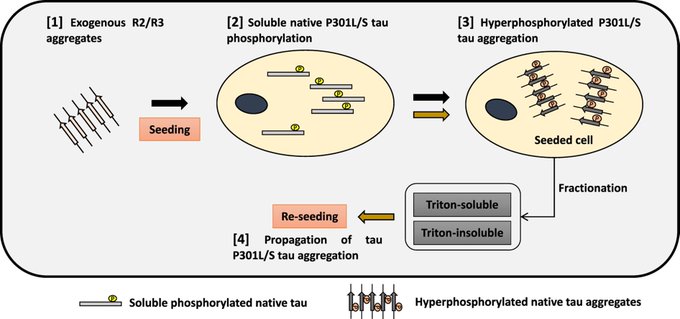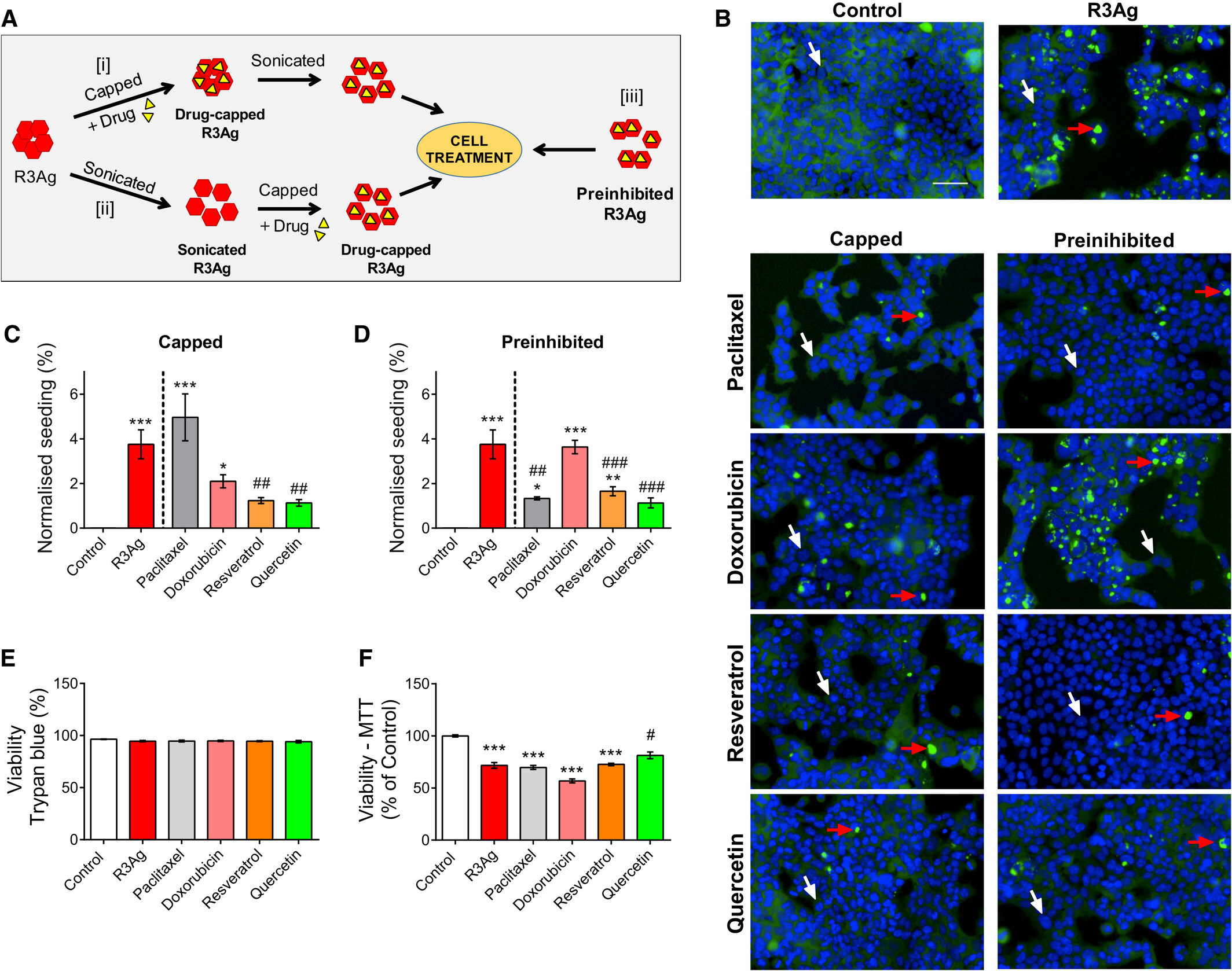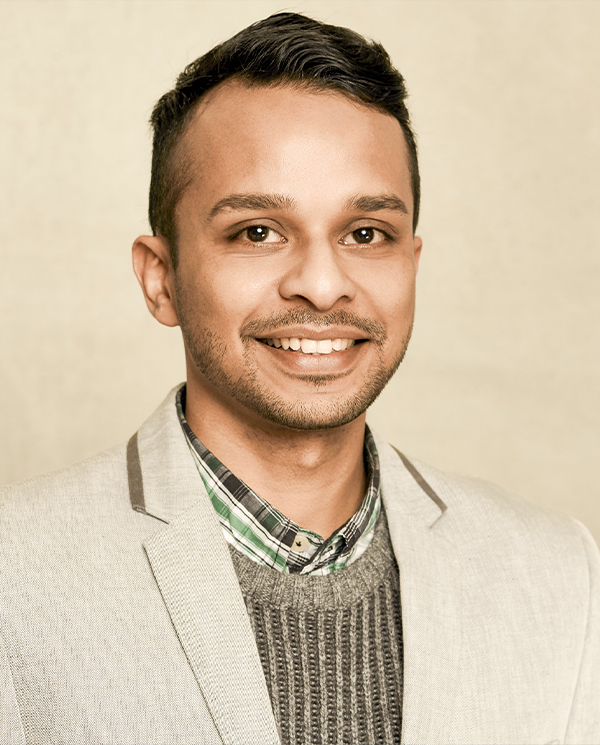
Translational disease models and neurodegeneration
Welcome to the digital home of our research group. We're a dynamic team with a two-fold focus, each facet contributing to the broader goal of unravelling the mysteries of neurodegenerative disorders and translating our findings into tangible therapies.
Research at the Core: Neurodegenerative diseases, a formidable adversary of our time, encompass an array of devastating conditions like Alzheimer's disease and Parkinson's disease. These disorders stealthily dismantle the intricate machinery of the nervous system, altering lives and posing profound challenges to healthcare systems globally. Understanding their underlying mechanisms, developing effective therapies, and ultimately finding cures are areas of our research (For more specific details, see our Research Interests and ongoing projects).
Education and Outreach: Sharing knowledge is a fundamental part of our mission. We are passionate about nurturing the next generation of researchers and engaging with the broader community.
Join Us on the Journey: As you explore our webpage, you will encounter a wealth of information about our ongoing projects, publications, and the remarkable individuals who make up our research community. Whether you are a fellow researcher, a prospective collaborator, a curious student, or someone passionate about science and discovery, we invite you to join us on this exciting journey. If you are interested in any of our projects, please send a CV and a summary of your interests to the PI (Viswanath Das; viswanath.das@upol.cz).
We are interested in the enigmatic phenomena of protein misfolding, aggregation, and the intriguing prion-like spread of misfolded protein aggregates that characterizes these disorders in tauopathies and synucleinopathies. Our goal? To illuminate new avenues for precisely targeted therapies, striving to halt or mitigate the progression of these devastating conditions.
Further, we're passionate about cutting-edge cellular models that faithfully mimic human diseases. Why? Because our ultimate goal is to bridge the gap between fundamental research and clinical success, and these models are our vital bridges. The future of translational disease models holds limitless promise. CRISPR-Cas9 genome editing, induced pluripotent stem cells (iPSCs), and AI-driven drug discovery are reshaping our approach to neurodegenerative diseases and other human diseases.
The projects described below cover a wide range of scientific activities currently ongoing within the research group and laboratory of experimental medicine in general.
1/ Structural and Biochemical Characterization of Tau and Alpha-Synuclein in Tauopathies and Synucleinopathies:
- Detailed analysis of the structure and biochemical properties of these proteins implicated in Alzheimer's disease (tau) and Parkinson's disease (alpha-synuclein).
2/ Effects of Tau Mutations on VQIVYK-Targeting Agents in Neurodegenerative Diseases:
- Examining how specific mutations in the tau repeat domain affect the efficacy of agents designed to target the repeat domain and reduce tau aggregation.
3/ Identification of Pharmacological Modulators of Tau Spreading in Alzheimer's Disease:
- With the goal of developing potential treatments, we aim to identify drugs that can target the spread of tau pathology.
4/ Identifying druggable targets conferring selective advantages to protein misfolding and aggregation (e.g., Tau Aggregation):
- The focus here is on discovering molecular targets within the pathways associated with protein misfolding and aggregation, particularly in the context of tau aggregation that contributes to selective vulnerability in tauopathies. These targets may be amenable to therapeutic intervention to prevent or reduce protein aggregation.
5/ Systems Approach to Understanding Aging and Neurodegeneration:
- This approach involves studying the complex interplay of biological systems, including genetics, molecular pathways, and environmental factors, to gain insights into the processes of ageing and neurodegenerative diseases.
6/ Role of Axonal Transport and Pathology in Neurodegeneration:
- Investigating how axonal transport impacts neurodegenerative diseases and its role in disease pathology.
7/ Role of Cytoplasmic p21 Cip1/WAF1 in Human Diseases:
- Understanding the involvement and impact of the cytoplasmic p21 Cip1/WAF1 protein in human diseases.
8/ Smart Use of 2D and 3D Cell Cultures for Drug Candidate Identification:
- Utilizing both two-dimensional (2D) and three-dimensional (3D) cell culture models to screen and characterize potential drug candidates effectively.
9/ Developing Physiologically Relevant Cellular Models (e.g., 3D Cultures, Organotypic Slices, iPSCs):
- Creating advanced cellular models, such as 3D cell cultures, organotypic slice cultures (e.g., brain and lungs), and induced pluripotent stem cells (iPSCs), for more accurate and physiologically relevant disease modelling and drug testing.
| Project: | Systems approaches to understanding aging and neurodegeneration |
|---|---|
| Supervisors: | Das Viswanath M.Sc., Ph.D. |
| Available: | 2 |
| Intended for: | Doctoral training |
| Project: | Role of axonal transport and pathology in neurodegeneration |
|---|---|
| Supervisors: | Das Viswanath M.Sc., Ph.D. |
| Available: | 2 |
| Intended for: | Doctoral training |
| Project: | Research and development of agents for cancer, neurodegenerative and infectious diseases |
|---|---|
| Supervisors: | De Sanctis Juan Bautista Ph.D., Hajdúch Marián M.D., Ph.D., Džubák Petr M.D., Ph.D., Urban Milan Ph.D., Das Viswanath M.Sc., Ph.D. |
| Available: | 5 |
| Intended for: | Doctoral training |
| Project: | The role of tumor hypoxia in the development of acquired resistance to microtubule-targeted drugs |
|---|---|
| Supervisors: | Das Viswanath M.Sc., Ph.D. |
| Available: | 1 |
| Intended for: | Doctoral training |
| Summary: | 1 place in full-time study |
| Project: | Drug synergy studies in 3D spheroids cultures of tumour cell lines |
|---|---|
| Supervisors: | Das Viswanath M.Sc., Ph.D. |
| Available: | 2 |
| Intended for: | Bachelor training |
| Project: | A combination of 2D and 3D cell cultures for a smart and effective identification and characterization of anti-hypoxic candidates |
|---|---|
| Supervisors: | Das Viswanath M.Sc., Ph.D. |
| Available: | 1 |
| Intended for: | Doctoral training |
| Summary: | Hypoxia is a prominent feature of different solid tumor types. A central component of hypoxic adaptation is the stabilization of hypoxia-inducible factor-1 (HIF-1), a key transcriptional regulator of hypoxia that orchestrates the transcriptional regulation of genes involved in a plethora of cellular processes. Considering the multiple roles of HIF-1 in cancer, interest in novel small-molecule inhibitors of the HIF-1 pathway has steadily increased over the past 10 years. However, despite extensive research, no specific inhibitor of HIF-1 has been brought to the market, making the field still ripe for further exploration. The goal of the present work is to utilize the potential of a combination of 2D and 3D cellular models for identification and characterization of inhibitors of HIF-1 and/or HIF-1 pathway by screening in 2D cultures, and lightsheet microscopy and mass spectrometry studies in spheroid cultures. |



